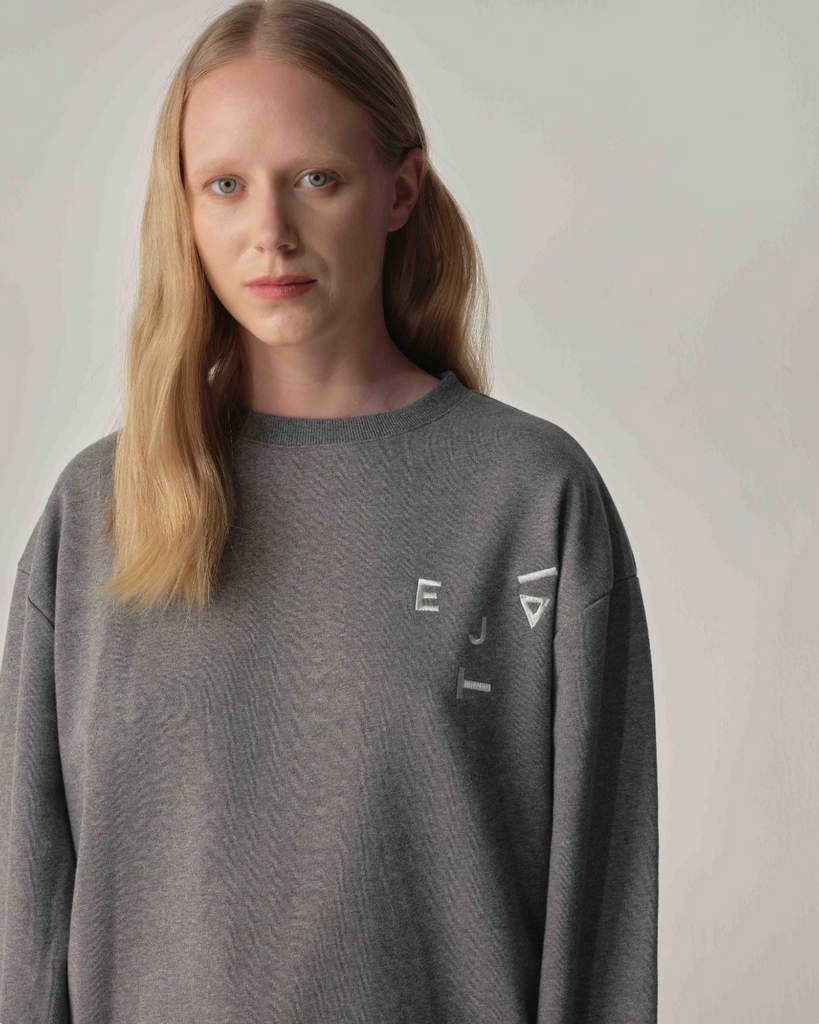TEIJA STORIES / sustainable
-
October 21, 2024TEIJA is thrilled to announce the launch of its new sub-line,TEIJA xx.
-
July 10, 2023
Teija Women - Emma Digerud-White
This month we meet artist Emma Digerud-White whose work has featured on Grayson Perry’s Art Club and the RA Summer Exhibition.
-
March 10, 2022
TEIJA Fall 22 at Paris Fashion Week
TEIJA Fall 2022 collection was shown to the International buyers and Press at iconic Paris fashion week in February 2022 next to Hoxton Hotel Paris. -
July 01, 2021
High Quality, Low Impact
This Autumn we are launching several new products that we have developed together with mills, yarn producers and tanneries that have high sustainability goals. The designs are created with both versatile design as well as low impact in mind.
The new leather accessories are made by hand in collaboration with artisans in Tuscany. The Clutch bag is double sided, folded, cross body bag that comes in nude and black colour leather. Despite the amazing versatility of the design and lovely weave pattern, the leather used is also sourced sustainably. The leather for the accessories comes from the Italian tannery who is LWG Silver rated. This is measured against things like traceability, environmental audits and social responsibility.
The leather items are designed as complimentary accessories to our signature shirts and statement knitwear. The knitwear are made from sustainably farmed cashmere and mercerised wool. The yarn has several international sustainability certifications from the likes of GOTS, SFA and Oeko-tex. Just to create a picture in your mind, the producer meets each nomadic family (mostly inner Mongolia) personally, to ensure they treat animals well. The journey of the yarn is then followed and tested throughout the process. Looking after the goats welfare is important part of the supply chain - for instance the pregnant goats and baby goats have to be given special care to make sure they are healthy.Our cottons, like the stripe poplins come from European and Turkish mills including Albini in Italy. Established in 1876, Albini owns (or rents) all the cotton fields it uses, spins and dyes its own yarn, weaves and finishes its fabrics entirely in-house. The transparency of the process is manageable when the mill has the ownership of the whole process.
If you have more questions on sustainability of these materials, or just would like to learn more, we would be happy to look into it and find answers. Email us at enquiries@teijaeilola.com and we will get back to you.
- 1
- 2




